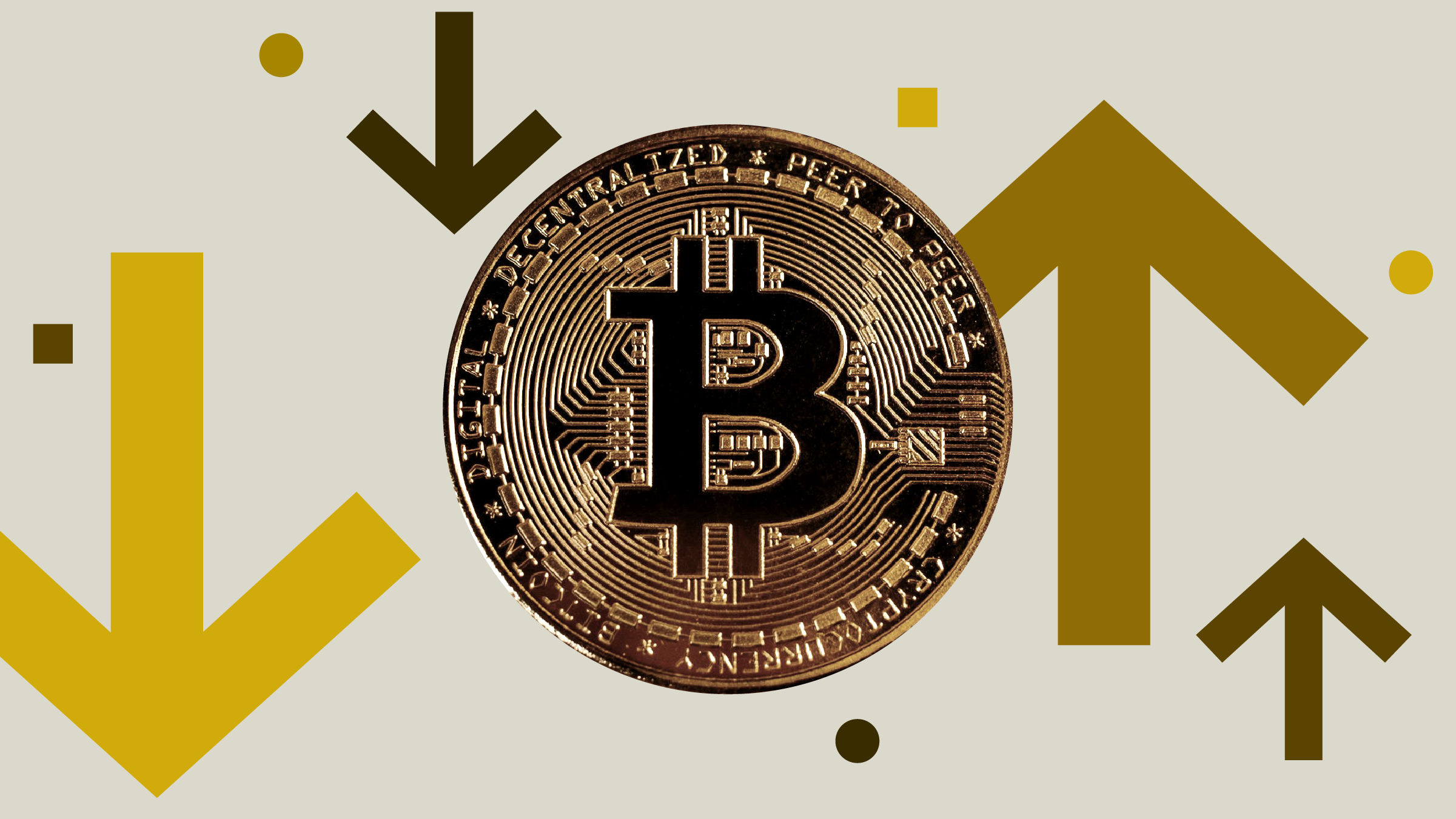The Duty of Digital Money in Shaping Tomorrow's Financial Landscape
As the digital revolution continues to change numerous fields, its influence on the economic landscape can not be underrated. As we stand on the edge of this possible turmoil, essential concerns arise regarding the chances and challenges that electronic money presents.
Comprehending the Appearance of Digital Currency
Despite the dominance of conventional monetary systems, the introduction of digital currency has actually ushered in a new age worldwide of finance - copyright mining. Digital money, additionally recognized as cryptocurrencies, are essentially decentralized systems that permit peer-to-peer deals to occur online. These transactions are confirmed by network nodes via cryptography and videotaped in a public journal called a blockchain
The very first and most popular digital money, Bitcoin, was created in 2009 by an unidentified person making use of the name Satoshi Nakamoto. The introduction of digital money has been facilitated by innovations in modern technology, specifically the web and cryptography.
The Impact of Cryptocurrencies on Traditional Financial Systems
A considerable change in the monetary landscape has actually been observed since the advent of cryptocurrencies. These digital assets, empty of physical form and centralised control, have actually been continuously cracking away at the foundations of standard monetary systems. They have actually interrupted the status by supplying a choice to fiat money and financial structures, which are usually gone stale by governmental bureaucracy and inefficiencies.
Cryptocurrencies have actually caused a newfound feeling of economic sovereignty for people by allowing peer-to-peer deals, without the oversight of monetary organizations. This has actually challenged the enduring supremacy of banks and triggered them to reassess their functions and methods.

Potential Opportunities and Obstacles in Embracing Digital Money

However, these possibilities are reversed by significant obstacles - copyright mining. Governing uncertainty and the potential for dubious usages are major concerns. Digital money' extreme volatility postures financial threats and their anonymity can facilitate immoral activities. Additionally, the absence of understanding and depend on among the public and possible technological failings are powerful hurdles to extensive adoption. As such, while the assurance of electronic currencies is unmistakable, recognizing their complete capacity will certainly call for dealing with these difficulties.
Instance Researches: Countries Accepting the Digital Currency Revolution
As we explore details instances, it is informing to observe exactly how different countries are taking advantage of the power of electronic money. China, for example, has started an across the country digital yuan test, intending to replace cash and preserve financial sovereignty when faced with emerging cryptocurrencies.
On the other side of the globe, Sweden has actually been evaluating its e-Krona, with a main objective of maintaining a secure and reliable settlement system. At the same time, the Marshall Islands has adopted the SOV, a national digital money, which coexists with the United States dollar to minimize their economic dependence.
In Africa, Senegal launched eCFA, a digital variation of their national money, to advertise economic incorporation and enhance the local economic situation. These differed study highlight a worldwide fad of nations accepting digital currencies, each with unique motivations and techniques, reflecting the transformative capacity of electronic currencies in contemporary economic systems.
Predicting the Future: The Long-lasting Leads of Digital Currency in Global Finance
Drawing from the numerous situation researches of nations that have accepted electronic currencies, it emerges that this digital transformation is not merely a passing pattern. The expanding appeal of electronic currencies recommends a promising future, where these currencies might possibly improve the international financial landscape.
The change in the direction of electronic currencies is likely to accelerate, driven by the requirement for better financial incorporation, effectiveness, and safety and security. Digital currencies, with their capacity to facilitate rapid transactions, lower expenses, and supply openness, could interfere with conventional banking systems.
Nonetheless, the lasting potential customers of digital money pivot on several elements. Governing approval, technical advancements, and public count on are critical elements that could affect their future trajectory. The volatility of digital currencies likewise presents a substantial obstacle, which needs to be addressed to ensure their continual development.

Conclusion
As electronic money proceeds to gain momentum, it is poised to fundamentally reshape the international economic landscape. As the world grapples with this financial change, it will certainly be fascinating to view how electronic currency develops and transforms our interaction with money.
The Role of Digital Money in Shaping Tomorrow's Financial Landscape. (copyright mining)
In spite of the supremacy of traditional financial systems, the development of electronic currency has actually ushered in a new period in the globe of finance. Digital money' extreme volatility positions monetary dangers and their anonymity can promote immoral activities.As digital money continues to gain momentum, it is positioned to essentially improve Learn More Here the worldwide economic landscape. As the world grapples with this economic revolution, it will certainly be interesting to see exactly how electronic currency advances and transforms our involvement with money.